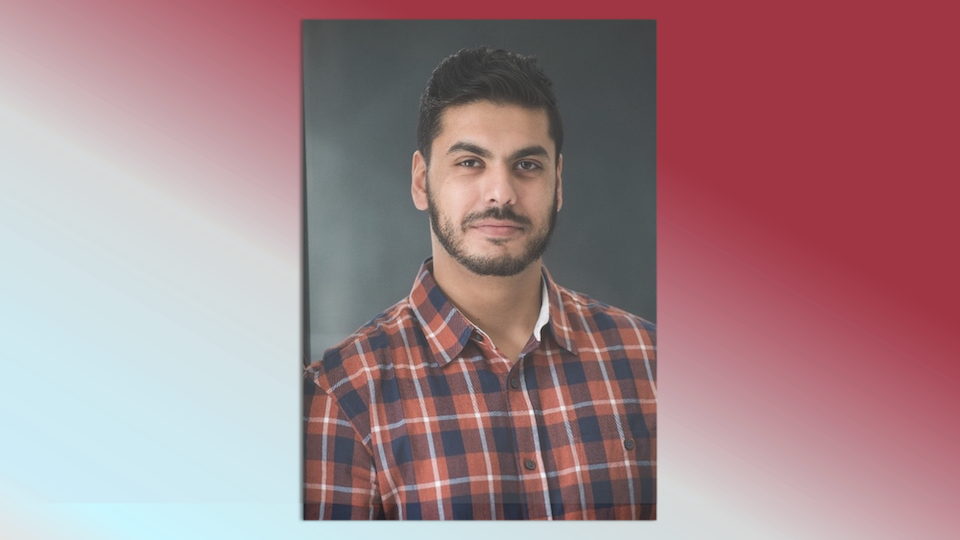Haroon Popal is a doctoral student in the Cognition and Neuroscience program. Under the guidance of Dr. Ingrid Olson in the Cognitive Neuroscience Laboratory, Haroon explores the cerebellum role in social cognition, which has been a consistently neglected topic. His dissertation research is focusing on how the cerebellum uniquely contributes to social reward processing, distinguishing that contribution from the more well-known social and reward regions of the brain. Haroon hopes that his research on the cerebellum will help other researchers interpret their own data and encourage them to include the cerebellum in their models. The cerebellum has been implicated in a variety of disorders such as autism and schizophrenia. He aims to expand his work to these populations and develop new models of how cerebellar function may be involved in such disorders. Haroon was recently awarded an NIH Blueprint Diversity Specialized Predoctoral to Postdoctoral Advancement in Neuroscience (D-SPAN) Award. This is an F99/K00 grant which will fund the remainder of his doctoral studies as well as up to four years of a post-doctoral fellowship. Upon completion of his postdoctoral fellowship, Haroon wants to continue researching the cerebellum and social cognition while being a principal investigator at a top research institution.
In addition to his research on social cognition, Haroon is the co-founder of the Coding Outreach Group (COG) within the Department of Psychology & Neuroscience. The goal of the group is to provide a space for researchers at all levels (from research assistants to PIs) to share their coding knowledge base. This is upheld through three avenues: offices hours throughout the semester where students from COG help people with their day-to-day coding issues, summer workshops to help people learn advanced coding methods and techniques, and a boot camp introducing coding to beginners. The boot camp is geared to those with little to no coding experience, and introduces them to three main coding languages, while also training them to think like a coder. A major theme of COG events is to provide interactive training, rather than lecture-based material, so that people can get their hands dirty coding and break that initial hurdle of thinking that coding is difficult. Haroon is appreciative of the Psychology & Neuroscience Department’s promotion of collaboration across labs, as he credits it to being critical to his training and research. COG would also not have been possible without such an environment. He also appreciates how faculty mentors in the department have been incredibly generous with their time and resources to students and other researchers outside of their own labs.

